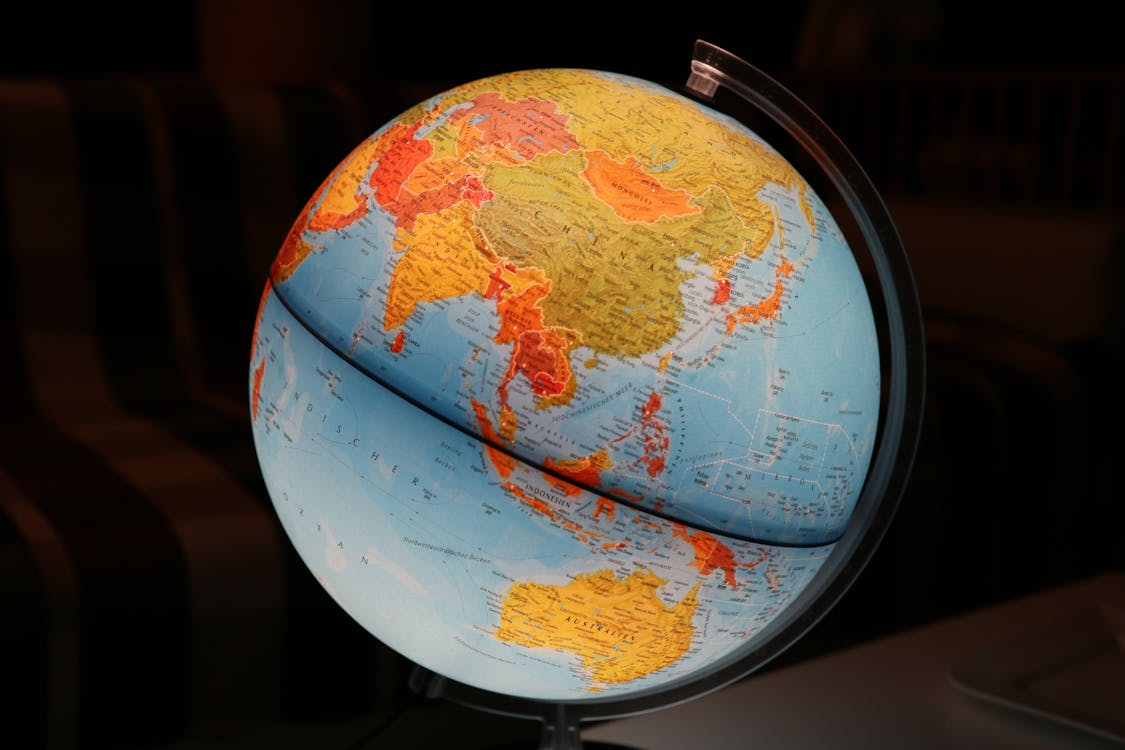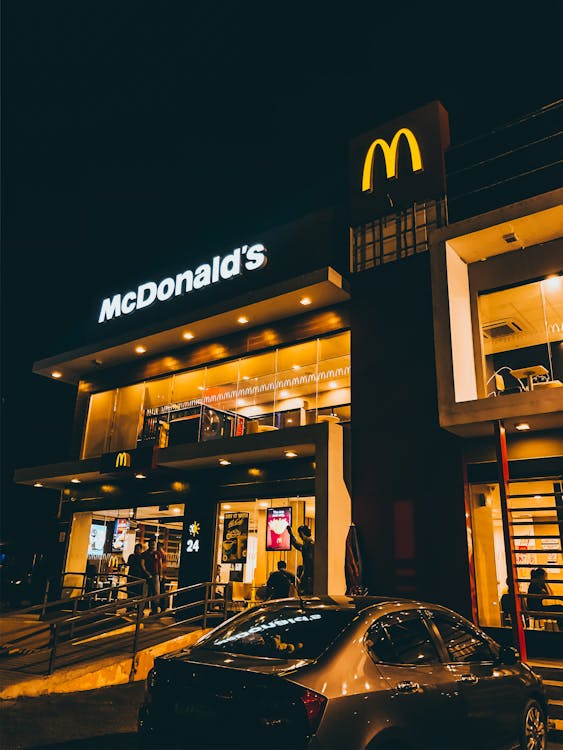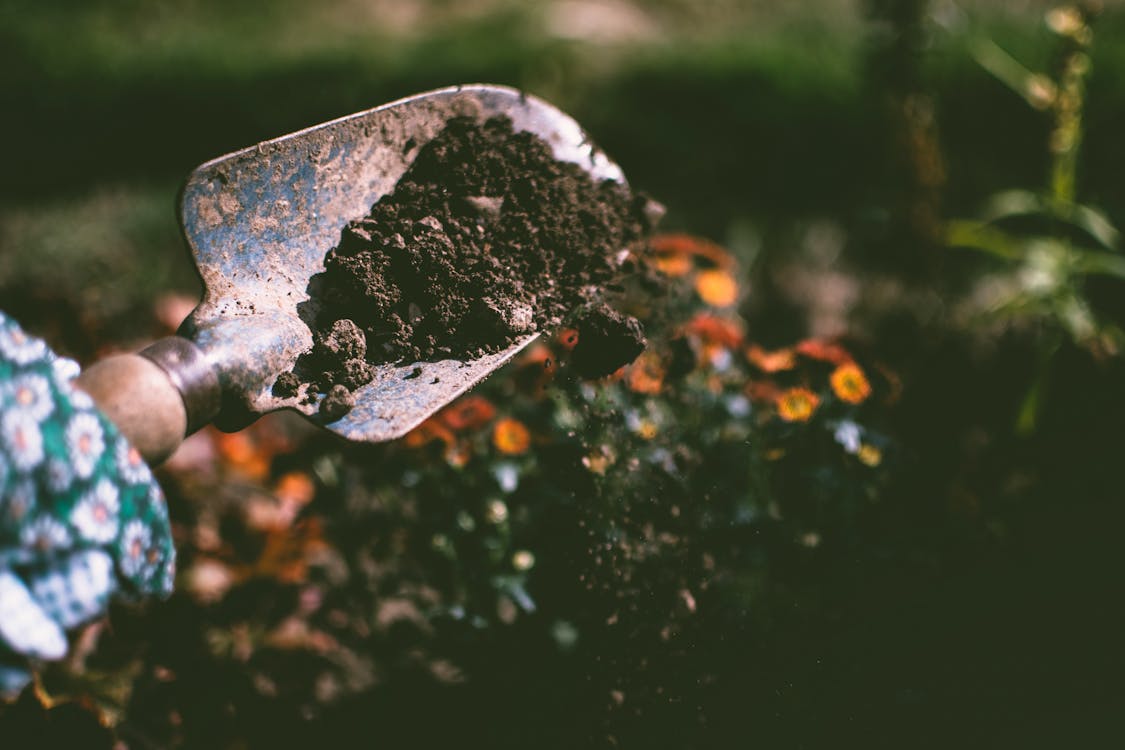
Brazil is one of the largest agricultural exporters in the world. In my research group, we found that land rights and soil conservation are key issues within the context of Brazil’s agricultural production. If the trend in poor land management of degraded pasturelands and encroachment into the Amazon region continues, it appears soil erosion—and nutrient loss along with it—could increase by up to 20%, according to this study’s findings.
Trade, Self Sufficiency
In chapter 3, “Agricultural Trade Liberalization,” of Jennifer Clapp’s book Food, it’s clear that international trade in the food system is a marketplace rife with inequalities and contradictions, often at the expense of people lower on the socioeconomic ladder, and especially those in developing countries whose main trade output is agriculture. However, even for an industrial nation such as Japan, boasting one of the highest GDPs in the world, the nation’s reliance on food imports point to the fact that money alone cannot buy independence.
In a 2012 article from the United Nations University publication Our World, Japan’s low food self-sufficiency (60% of their calories are from imports) was discussed and ramifications contextualized. It’s notable that the goal to increase the self-sufficiency to 45% by 2020 have since been pushed back to 2025. What it means for food to be “Japanese” has changed over the decades alongside changing consumer preferences and decreasing domestic output. This is an issue the world over, as the Columbian exchange of the 21st century has seen hamburgers and big gulps from the U.S. in Mexico City, to Bangalore, to Riyadh, to Tokyo and beyond.

Once native to the United States, the seeds of McDonalds have now been sown across the globe thanks to the 21st century ship called globalization
In Brazil, food self-sufficiency, ecological damage, Indigenous rights, resource management, and economic concerns all come into consideration when we talk about food and agriculture. Perhaps, as has been suggested in the UK, farmers can be part of the solution. Something will have to change if Brazil is to remain ecologically viable for agriculture in the decades to come.

Soils are both the lungs and the womb of our earth. They are responsible for the sustenance that comes out of them and our mistakes (C02) that go in
The Big Picture
In considering the food on our plates, Michael Pollan makes it sound simple. “Eat food. Not too much. Mostly Plants.” While I don’t disagree with his prescription, the fact of the matter is that the food in the grocery store, and in markets around the globe, are products of, and tools in, the political ecology of the world food system. A system which is itself comprised of ecologies and systems.
The world has increasingly become a web of interconnectedness. Understanding it requires the ability to constantly look at micro and macro structures thereof. Our world food system is no different.
